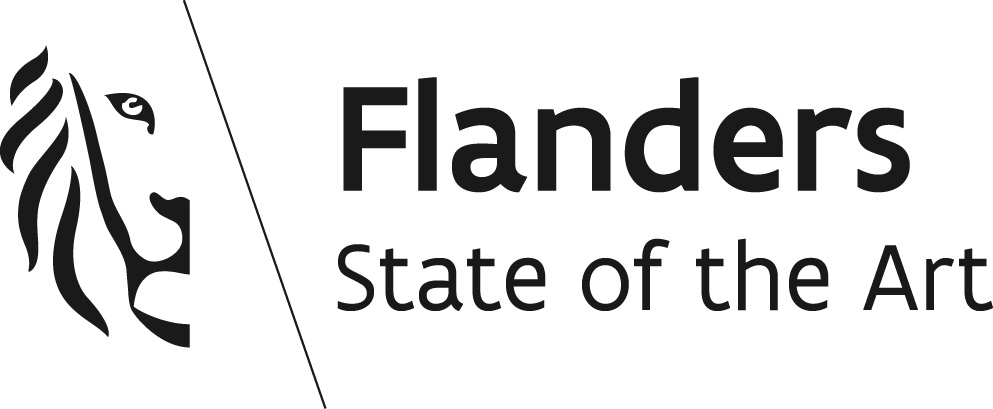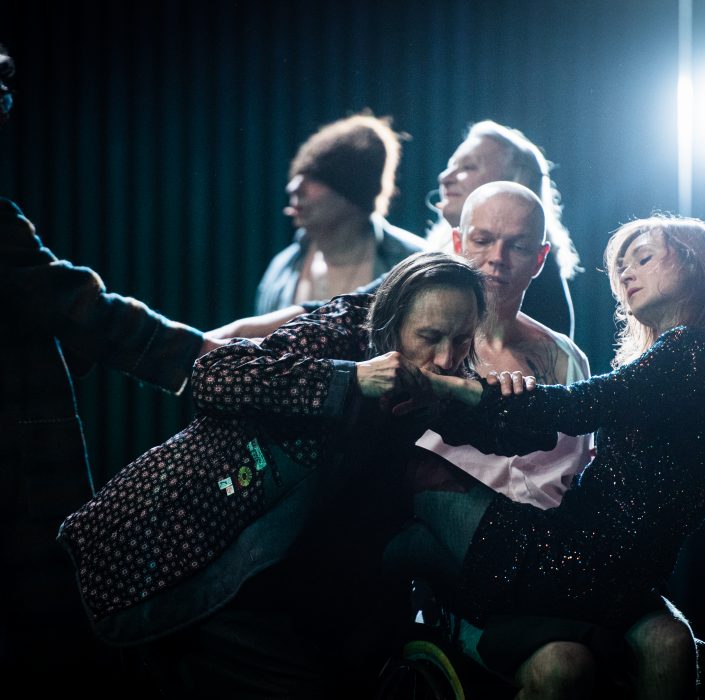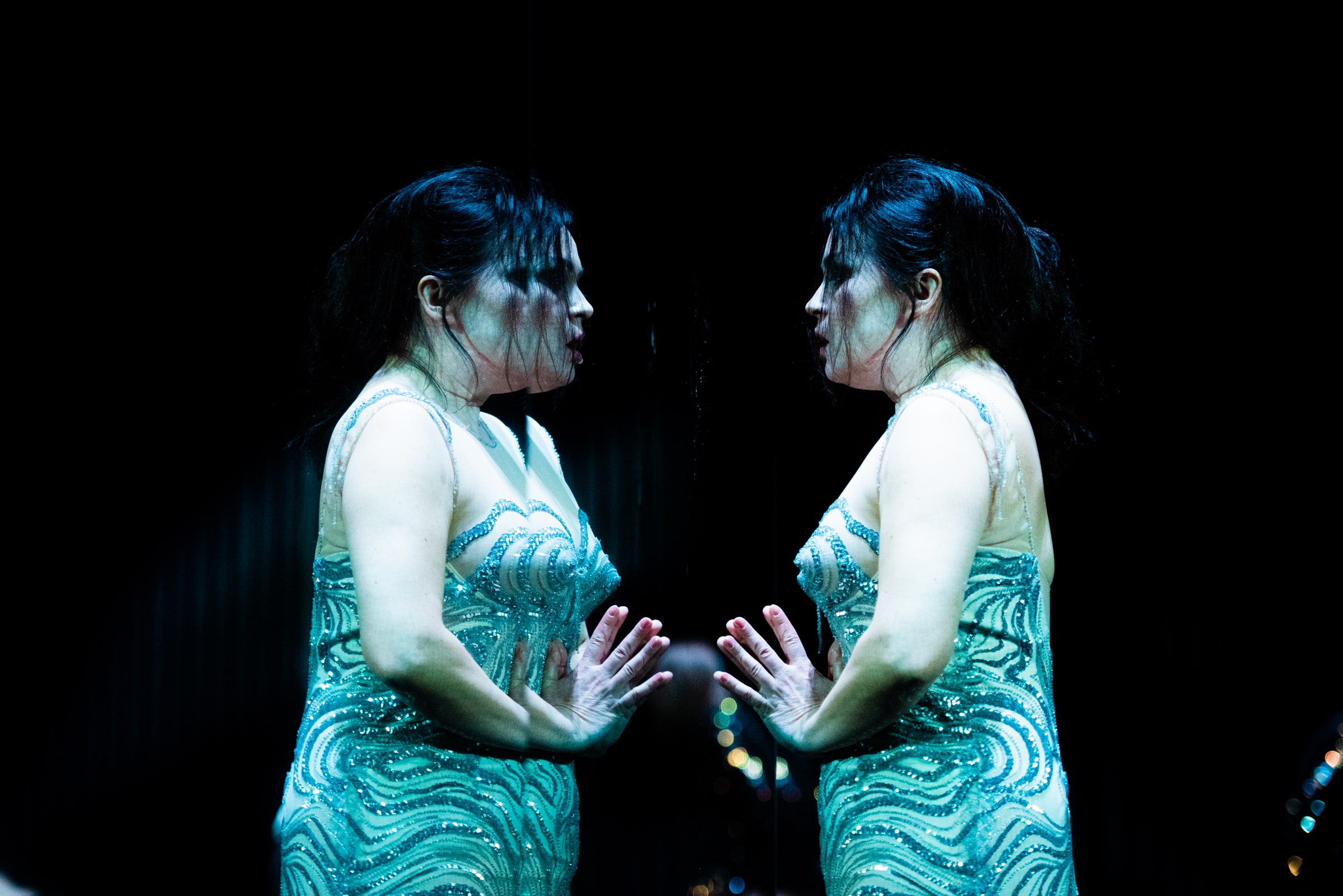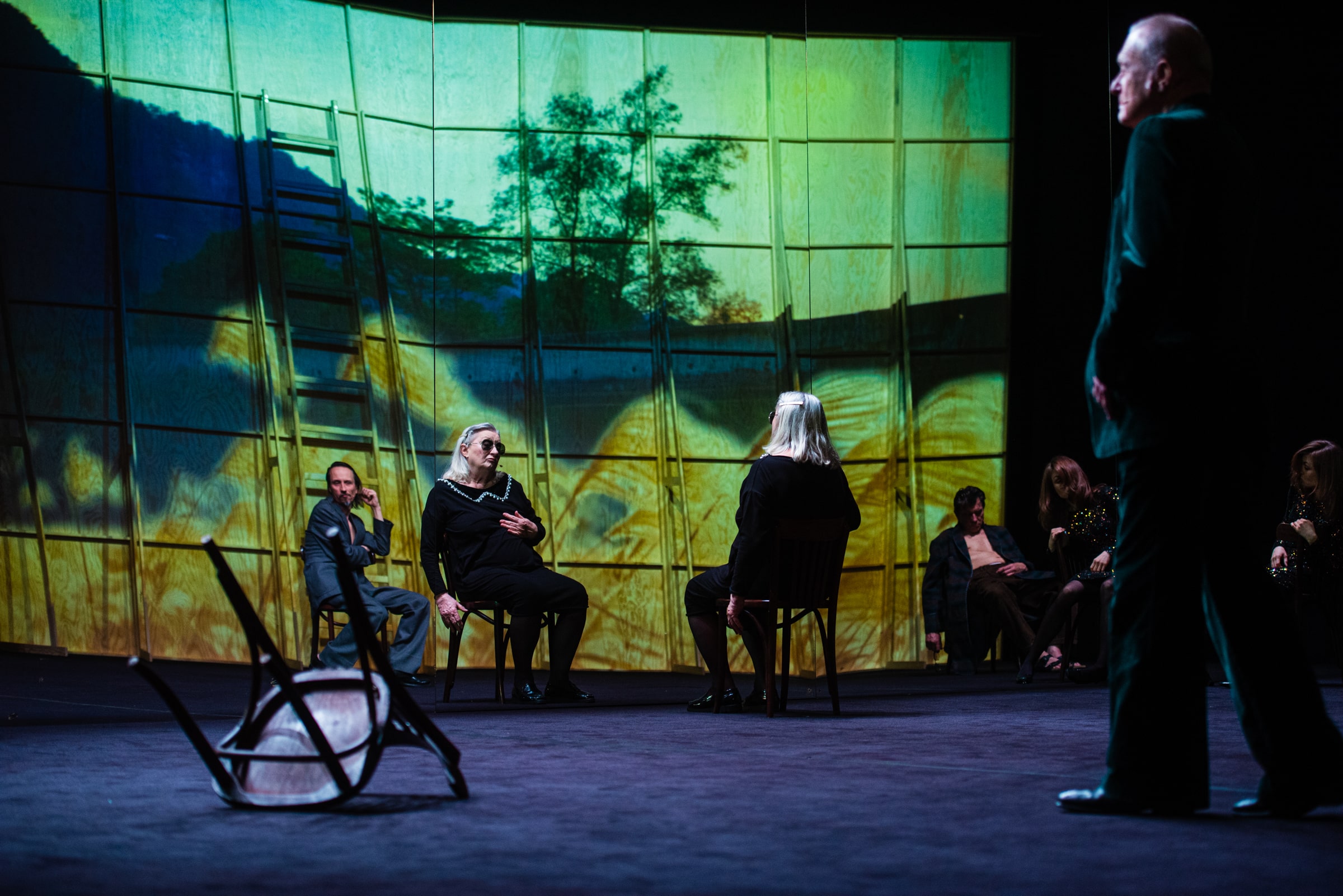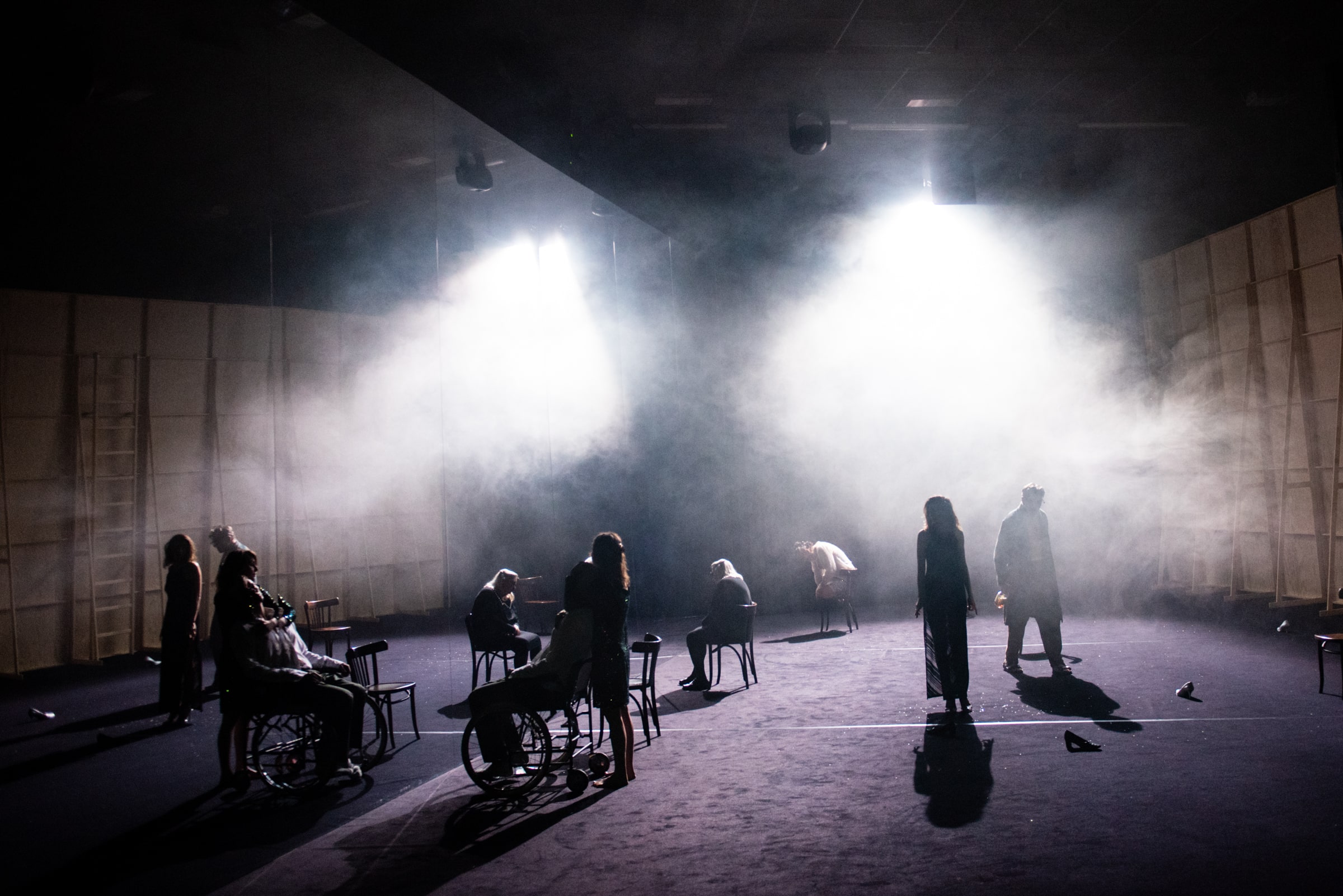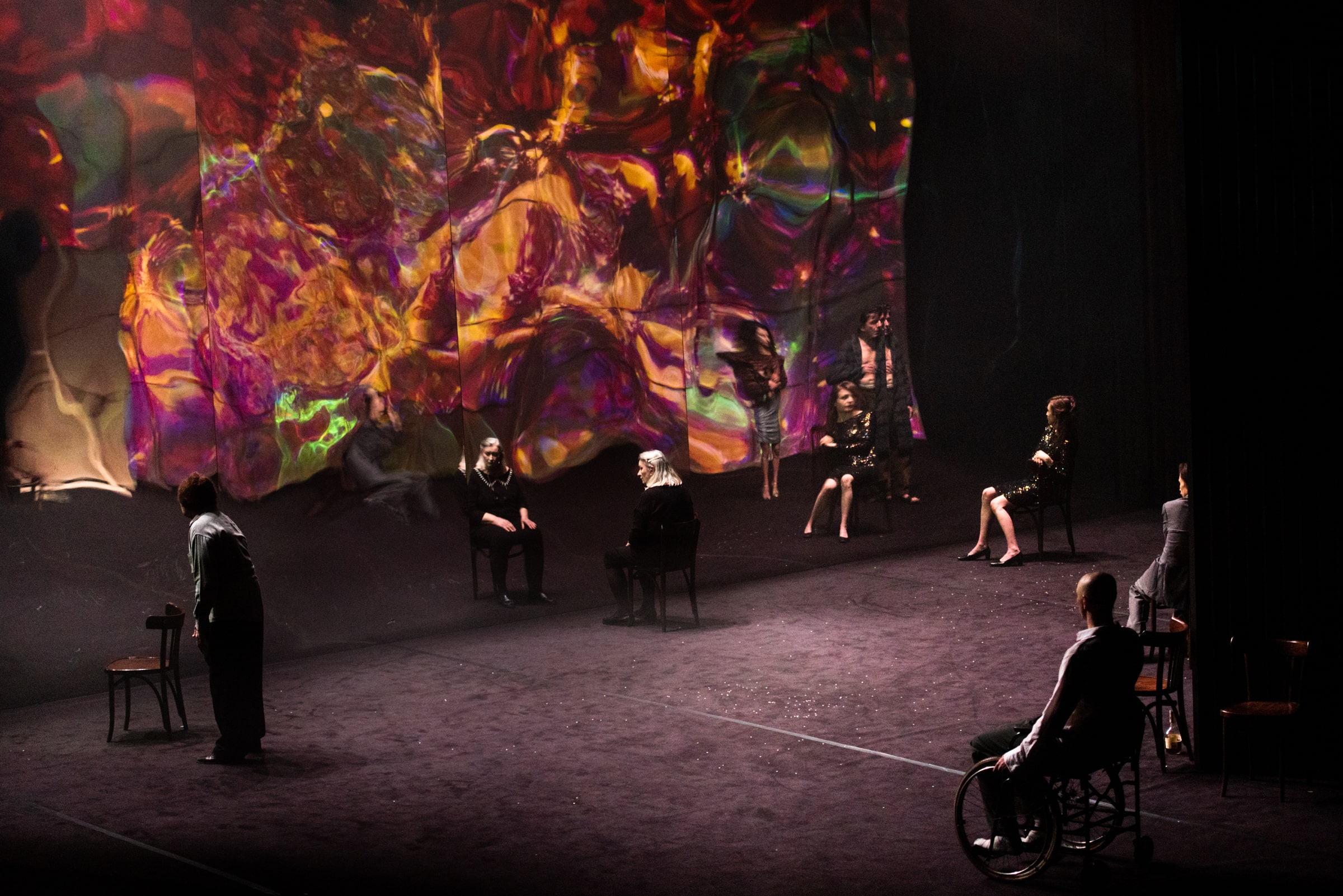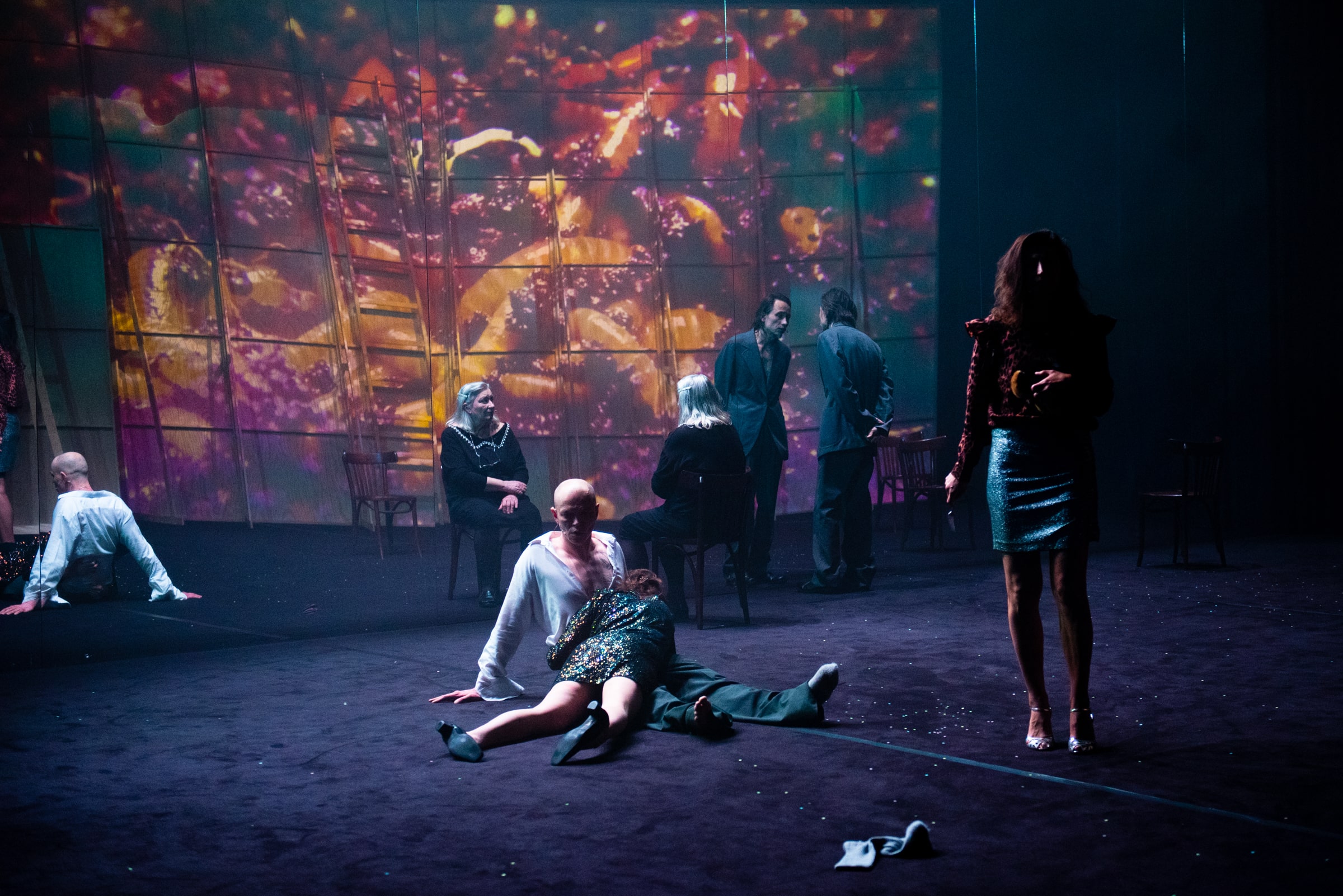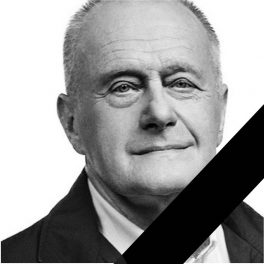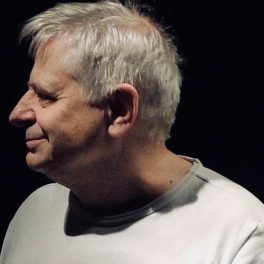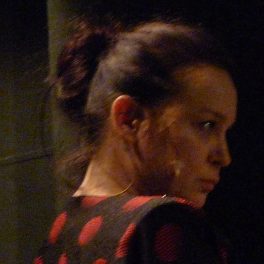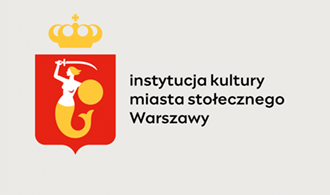-
Adaptation and direction
Luk Perceval
-
Premiere
Warsaw: June 20, 2021, TR Warszawa/ATM Studio
Krakow: May 15, 2021, The Helena Modrzejewska National Old Theatre in Krakow, main stage -
Duration
ca. 2 hour 10 min
-
Tickets
Normal ticket: 120 PLN
Concessionary ticket: 85 PLN
Normal group ticket (more than 10 people): 107 PLN
Concessionary group ticket (over 10 people): 75 PLN
The performance is intended for audience members over the age of 16.
About
Traveling to Moscow is not an issue anymore since you can fly to the Russian capital for 99 euros. Today the daughters of General Prozorov, the title characters of Chekhov’s drama, no longer miss big city. It is the time of their youth that they are longing for. Low cost airlines do not run in this direction. You can only get there on board of your own uncertain memory.
In the vision of Luk Perceval, “The Three Sisters” is a portrait of an aging Europe that does not want to give in to the passage of time. The routine of the title heroines’ daily existence is interrupted by an attempt to recall events from the past. In a metaphorical nursing home, aging Europe confronts the new energy of immigrants. What results from this meeting? What are the political and social consequences of the aging of entire societies? How do we deal with old age, memory loss? In what way do we construct and idealise the past?
The theme of the passing of life, characteristic of Chekhov’s dramaturgy, has never been as current as it is today, when the old world order collapses and the new one has not yet developed. The pandemic has added another aspect to problem of aging: the isolation of older people. The Prozorow sisters are shipwrecked prisoners on the island of memory. They live in the past, unable to confront the present. What are they afraid of and what do they miss? What are we afraid of and longing for?
About the director
Luk Perceval is a Flemish actor and director. After studying at the Koninklijk Vlaams Conservatorium in Antwerp, he began working as an actor with the Koninklijke Nederlandse Schouwburg (KNS). In 1984, together with Guy Joosten, he founded the Blauwe Maandag Compagnie (BMC) in Gent. In 1998, he became artistic director of Het Toneelhuis, a merger of the BMC in Gent and the KNS in Antwerp. Since 2005 he has directed mainly in Germany: first as resident director at Berlin’s Schaubühne am Lehniner Platz, then as principal director of Thalia Theater in Hamburg (2009-2014). Since 2019, he has been an artist in residence at NT Gent. His most important productions include: “SCHLACHTEN!” (Schauspiel Hamburg), “The Cherry Orchard” (Schauspiel Hannover 2001), “Traum im Herbst” (Münchner Kammerspiele 2001), “Das kalte Kind” (Schaubühne Berlin 2002), “Othello” (Münchner Kammerspiele 2003), “Tristan und Isolde” (Staatsoper Stuttgart 2004). His recent productions include “Zola Marathon” (Ruhrtriennale, Thalia Theater, Hamburg 2017), “Romeo and Juliet” (BDT, St. Petersburg 2018), and the trilogy “The Sorrows of Belgium” (NT Gent, 2019). In Poland, Luka Perceval’s plays have been presented as guest artists at international festivals in Gdansk, Krakow, Poznan, Torun, Warsaw and Wroclaw. So far, audiences in Poland have had the opportunity to see 6 of his productions: “Uncle Vanya” (during the 3rd International Theatre Festival Dialog, Wroclaw 2005), “Andromacha” (during the Baz@rt Festival, Cracow 2005), “Death of a Salesman” (during the 17th International Theatre Festival CONTACT, 2007), “Penthesilea” (presented as a guest at Warsaw’s Dramatyczny Theater, 2008), “The Truth about the Kennedys” (during the Malta Festival Poznań 2010) and “Hamlet” (during the 16th Shakespeare Festival, Gdańsk 2012). “3SIOSTRY” in TR Warszawa is first work of Luka Perceval realized with a Polish theater company.
photos by Monika Stolarska
-
In the performance was used
The performance is based on Anton Chekhov’s play titled: “Three Sisters”.
In the script the following works are used:
a fragment of the poetic novel titled: „Lambro. A Greek Insurgent” by Juliusz
Słowacki;
a fragment of the song “Kołysanka dla okruszka”, music Seweryn Krajewski,
lyrics Agnieszka Osiecka;
a poem from Anton Czekhov’s correspondence, cited after: Sylwia Frołow
„Antonówki“, Wydawnictwo Czarne, Wołowiec 2020.
In the program fragments of the following book are used:
Douwe Draaisma, “The Nostalgia Factory: Memory, Time and Ageing”
trans. Ewa Jusewicz-Kalter, Wydawnictwo Czarne, Wołowiec 2010. Reprinted
with the permission from Historische Uitgeverij, Groningen, Nederland.
Produced by TR Warszawa,
Co-produced by The Helena Modrzejewska National Stary Theatre in Cracow
Cast
Creators
direction: Luk Perceval
stage design, video: Philip Bussmann
costumes: Annelies Vanlaere
lights direction: Mark Van Denesse
music: Karol Nepelski
script translation: Karolina Bikont
dramaturgy cooperation: Roman Pawłowski
director’s assistants: Alek Niemiro, Aleksandra Śliwińska
literary assistant: Jacek Telenga
costume designer’s assistant: Karolina Bramowicz
Play based on “Three Sisters” by Anton Chekhov.
Production
set manager: Karolina Pająk-Sieczkowska
stage manager: Wojciech Sobolewski
-
Maybe it is a spectacle about aging Poles, who today constitute the margin of Europe and, living in a grotesque cardboard state, see their imaginary power and imaginary meaning in the mirror? Or maybe more broadly: about an aging Europe, staring at the illusion of its power and strength, stuck on the periphery of the world, where what is important now takes place on completely different stages? Or maybe it is simply a spectacle about contemporary man, who cannot find his place in a world composed of false narratives?
-
In the original, the declining existence concerns the existence of concrete people, and at the same time, a passing away cultural formation or social class – the Russian nobility, while in Perceval’s work it becomes a mechanism of playing out the same scenario from the fading memory, a cultural pattern, and looking at it – and at the same time, at ourselves, because without a cultural pattern there is no us.
-
The three sisters and their relatives resemble a survival team that must complete a
task, and if they succeed this time, they’ll be set free. But this decomposing world of
mutual grievances, betrayals and deceptions can’t let them go, even better – it sucks
inside a new person who happens to stumble across it – Natasha. She is the only
one in this world without any visible defect – she’s active, vibrant, slender,
expressive. As if transported from another reality.
Production of TR Warszawa, coproduction with z The Helena Modrzejewska National Stary Theatre in Krakow.


Support from the COVID-19 Counteract Fund
Partner of the performance
